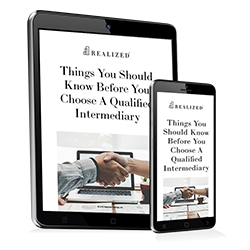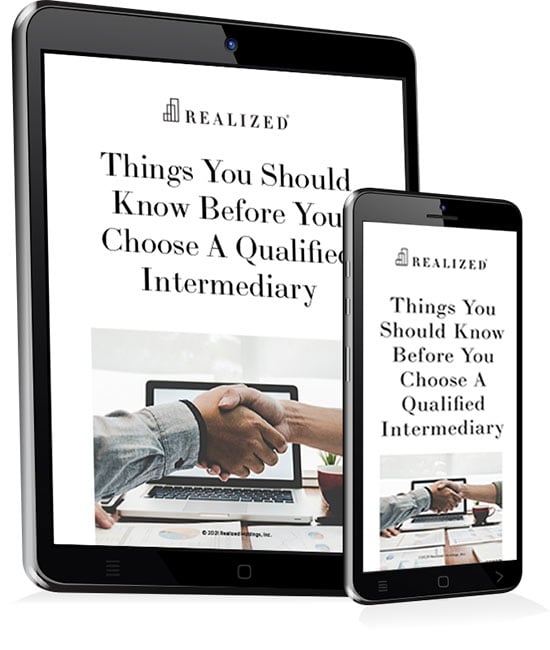
When an investor approaches the 1031 exchange process, they are greeted by a variety of choices. One of the most important of these is selecting a Qualified Intermediary—also known as a 1031 Exchange Accommodator. These parties have three primary responsibilities, which are intended to ensure compliance with the IRS’s rules in a 1031 exchange. These responsibilities are:
- Holding the investor’s cash proceeds from the sale of property in escrow as required by the IRS;
- Documenting the investor’s identification of replacement property within the investors’ 45-day identification period as required by the IRS;
- Facilitating and documenting the investor’s purchase of replacement property by transferring investors’ funds to the title company/seller.
Why Is It Important For An Investor To Choose A Qualified Intermediary That Is Both Experienced And Trustworthy?
First, your Qualified Intermediary holds the cash from the sale of your property. Second, your Qualified Intermediary helps you comply with the IRS’s 1031 rules, thereby deferring the capital gains taxes. 1031 Exchange Accommodators are not regulated by the Federal government and there is no national standard or licensing. Regulations vary state-by-state, but most states do not require Qualified Intermediaries to be licensed, bonded/insured, audited, or otherwise monitored by the government in any way. It is particularly important to do your homework when selecting a Qualified Intermediary for your 1031 exchange.
When Is A Qualified Intermediary Necessary?
As a general rule, Qualified Intermediaries are required when executing a 1031 exchange. The only situation in which a Qualified Intermediary is not necessarily needed in a 1031 exchange is when the money is being processed on the same day. Even so, it is still beneficial to use a Qualified Intermediary. They can not only offer valuable guidance when navigating the complicated exchange process, but they help alleviate the risk associated with the 1031 exchange should an error occur.
When funds are processed on the same day, there’s always the risk that a wire transfer doesn’t go through, or that a delay in funds transfer may result in a failed 1031 exchange. If this happens, the IRS may accuse you of taking constructive receipt of the 1031 fund, which can void the exchange altogether or make you liable for paying the capital gains taxes you were trying to defer in the first place. The significant tax implications are not worth the “reward” of saving between $1,000 and $2,000—the average cost of using a Qualified Intermediary.
From the date you sell your property, you have 45 calendar days to identify replacement properties, and 180 calendar days from the date of sale to close on properties you identified in the initial 45 days. During both of these timeframes, your Qualified Intermediary should be working behind the scenes to both protect your funds and assist with the completion of the paperwork required by the IRS to process your exchange.
Protecting Your Funds
Again, most Qualified Intermediaries are not regulated like other institutions (banks, savings & loans, brokerage firms) that are holding your hard-earned money. As such, a Qualified Intermediary should hold your 1031 funds in a “segregated account” with a large FDIC insured bank.
1031 Exchange Paperwork for IRS
Your Qualified Intermediary prepares the forms and documentation necessary to ensure your exchange remains within the rules and timelines stipulated by the IRS. However, you—the taxpayer—are responsible for submitting this information to the IRS. Major items that the Qualified Intermediary needs to document are:
- Formal identification of potential replacement properties on or before midnight on the 45th day following the sale of a property
- A full accounting of exactly how the 1031 exchange funds are reinvested
- 1099 forms (submitted to you and the IRS)
Selecting a trustworthy, knowledgeable Qualified Intermediary is one of the most important decisions an investor can make when executing a 1031 exchange. It is imperative to work with someone who will hold your funds in a FDIC-insured bank account, understands the various intricacies involved in submitting all documentation required by the IRS, and has a clear direction on how to facilitate the purchase of your replacement property and transfer funds to the title company. Doing so can potentially save you hundreds, or thousands, of dollars in the long run.
To learn more about working with a Qualified Intermediary, call us at 512.871.0315.



